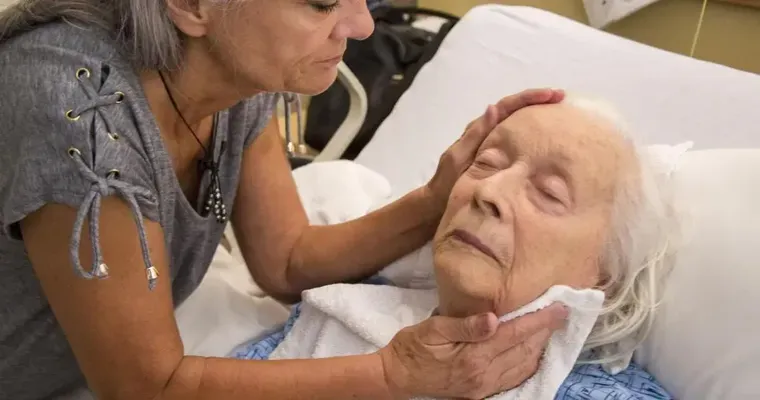Facing the "end of life" can be an overwhelming experience for both patients and their families. Understanding the various types of "end of life help" available can ease the emotional and logistical burdens during this challenging time. From hospice care to palliative support, knowing your options is crucial for ensuring comfort and dignity in the final days.
What is End of Life Help?
"End of life help" refers to a range of services designed to support individuals who are nearing the end of their lives, as well as their loved ones. This assistance can take many forms, including medical care, emotional support, and practical help with daily activities. The main goal is to provide a compassionate environment that respects the wishes of the individual while addressing their physical and emotional needs.
Types of End of Life Help
1. "Hospice Care": This specialized form of medical care focuses on providing comfort and support to individuals with terminal illnesses. Hospice care can be delivered in various settings, including the patient's home, hospitals, or dedicated hospice facilities. The primary aim is to improve the quality of life through pain management and emotional support.
2. "Palliative Care": Unlike hospice care, which is specifically for those with a limited prognosis, "palliative care" can be provided at any stage of a serious illness. It emphasizes relief from symptoms and stress, regardless of the diagnosis. This type of care is often delivered alongside curative treatments.
3. "Emotional and Psychological Support": End of life can be an emotionally charged time. Support from counselors, therapists, or support groups can help both patients and families navigate complex feelings such as grief, fear, and anxiety. This emotional assistance is crucial in fostering a sense of peace during the end-of-life journey.
4. "Spiritual Care": Many individuals find comfort in spiritual practices or beliefs as they approach the end of life. Spiritual care providers can help patients and their families explore their beliefs, find meaning, and connect with their spiritual traditions.
5. "Practical Help": Family members often need assistance with everyday tasks as they care for a loved one. This can include help with meal preparation, housekeeping, and personal care. Professional caregivers can provide this support, allowing family members to focus on spending quality time with their loved ones.
How to Access End of Life Help
Accessing "end of life help" often begins with a conversation with a healthcare provider. They can guide families in understanding the options available and help coordinate care based on the patient's specific needs. Many communities also have local hospice organizations that provide resources and information.
The Importance of Planning
Planning for the end of life is essential. Discussing preferences for care, including advanced directives and do-not-resuscitate orders, can alleviate confusion and ensure that wishes are honored. Families are encouraged to have open discussions about end-of-life care preferences to facilitate a smoother process when the time comes.
Conclusion
"End of life help" is an invaluable resource for those facing the final stages of life. By understanding the various types of support available, individuals and families can make informed decisions that honor their values and enhance the quality of life during this critical time. Whether through hospice care, palliative support, or emotional assistance, the goal remains the same: to provide dignity, comfort, and compassion in the journey toward the end of life.





